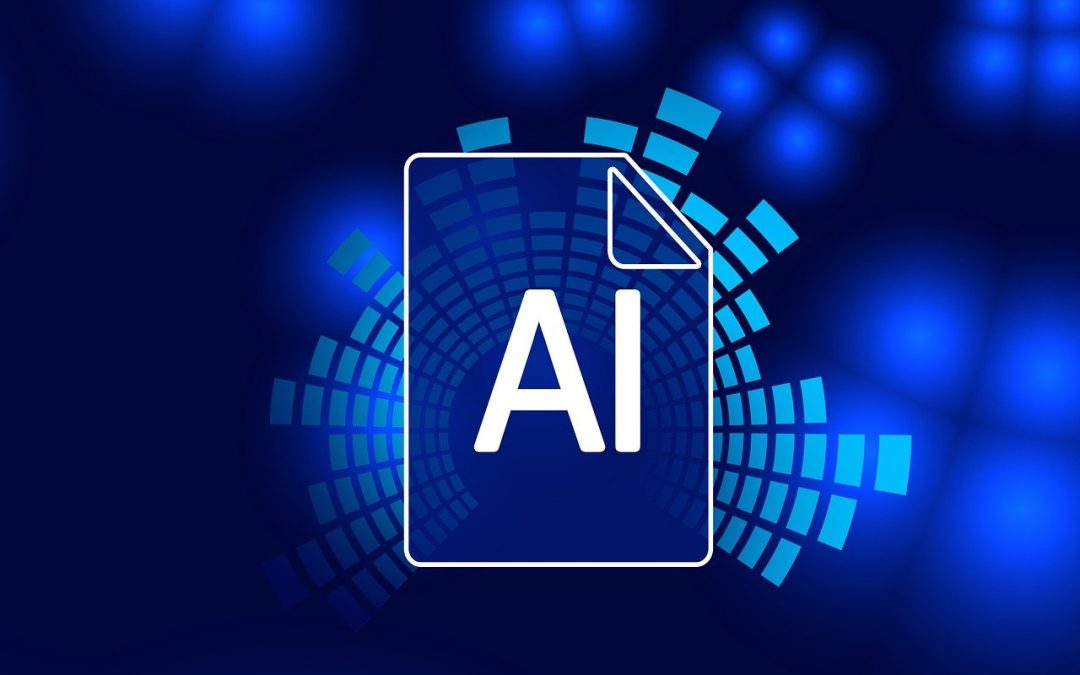A discussion on how to revisit data management from the data storytelling perspective.
Key Insights from Data Storytelling Perspective in Data Management
Revolutionizing data management through a ‘data storytelling perspective’ is emerging as a trend with the potential to transform the analytical landscape. In its essence, data storytelling is the process of translating often complex data-related facts into a simple narrative, enhanced with visualizations, that anyone can understand.
Long-Term Implications
As we peer into the future, we see that embracing data storytelling within data management will have long-established impacts on the industry-scale as well as the individual enterprise level.
On Collaborative Decision-Making: Set in an enterprise context, adopting a data storytelling approach not only aids in explaining trends, outlines, and predictions, but it also facilitates collaboration. Data stories are easier to share, discuss, and draw conclusions on, paving the way for healthier cross-functional collaboration and effective decision-making within organizations.
On Skill Requirement: Long-term, this approach might result in a shift of required skills within data management profession toward a balance of technological, analytical, and communication skills. Data managers would no longer simply need to be experts in technical knowledge, but also proficient in transforming such data-based knowledge into engaging stories.
Possible Future Developments
Adapting to a data storytelling perspective in data management cannot happen overnight. A number of developments are expected before this approach becomes a staple across industries.
- Focus on Data Visualization: A significant future development predicted is the increased use and sophistication of data visualization software and tools. They are deemed crucial in translating data into a medium that can easily be digested and understood by all stakeholder groups in an organization.
- Training for Future Skillset: As the demand for data storytelling grows, educational and professional training programs need to keep pace. A shift in curricula is expected as these programs need to cultivate a generation of data managers inclusive of analytical, communication and narrative skills, apart from the usual data management technicalities.
- Integration of AI: Considering AI’s increasing influence, its integration with data management to automate the process can be anticipated. AI can potentially analyze the data, identify trends, and even create preliminary drafts of the data stories, further streamlining the process.
Actionable Advice
- Leverage Existing Tools: Get familiar with data visualization software available in the market and how it can be leveraged to tell data stories better.
- Train Teams: Create or partake in professional development programs that equip your team with the skill set required for data storytelling.
- Look Toward AI: Stay updated on AI advancements that can be integrated into your data management process to automate and optimize data storytelling.
By embracing a data storytelling perspective within data management, organizations can truly leverage the value of their data and adapt to the future of work.
